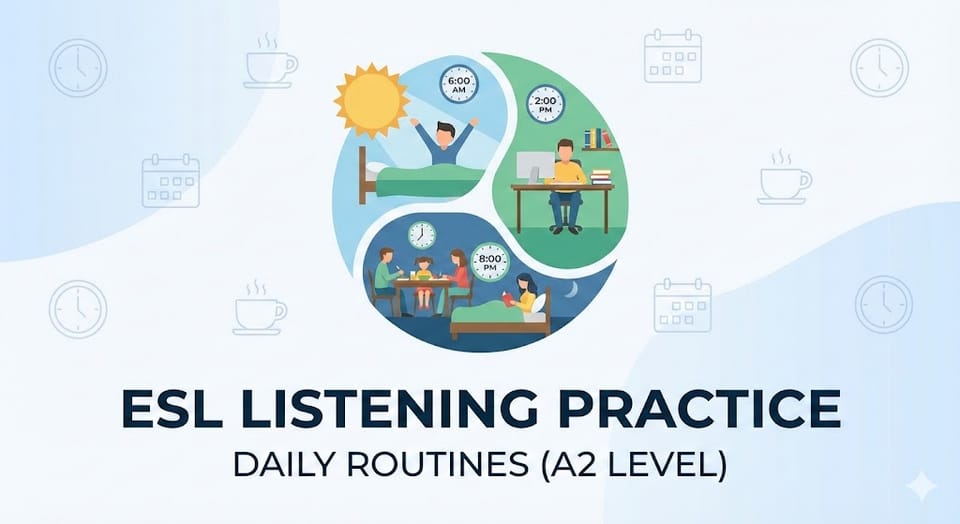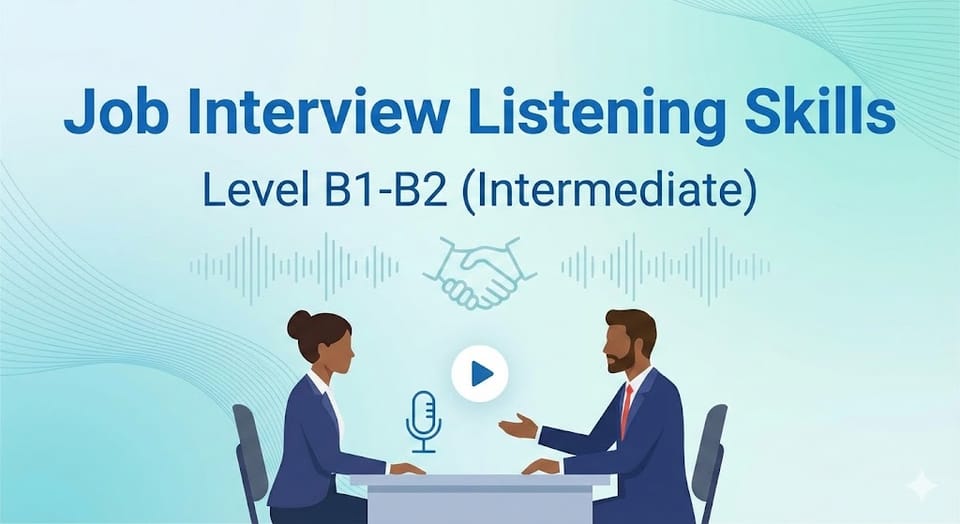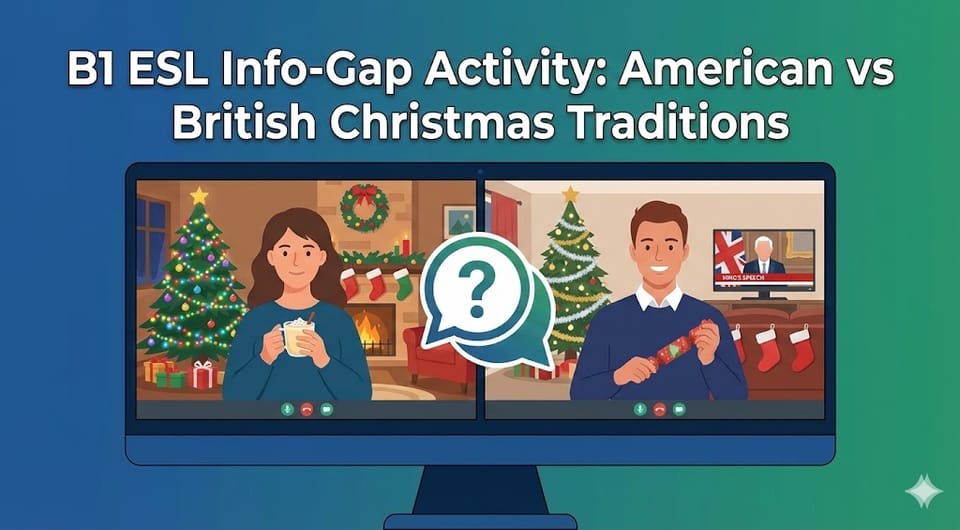Reported Speech

Mastering Reported Speech: A Beginner's Guide
Reported speech, also known as indirect speech, is a fundamental concept in English that allows you to recount what someone else has said without using their exact words.
1. What is Reported Speech?
When we want to tell someone what another person said, we can use direct speech or reported speech.
- Direct Speech: Uses the speaker's exact words, enclosed in quotation marks (" ").
- Example: She said, "I am happy."
- Reported Speech: Retells the speaker's message in your own words, without quotation marks.
- Example: She said that she was happy.
2. The Three Main Changes
When you change a sentence from direct to reported speech, you usually need to consider three main types of changes:
- Tense Shift: The verb tense in the reported statement often moves one step back into the past.
- Pronoun Change: Pronouns (like I, you, we, my, your) often need to be changed to reflect the new speaker's perspective.
- Time and Place Word Changes: Words referring to specific times and places may also need to be adjusted.
3. Tense Shifting: Moving to the Past
When the reporting verb (like said, told) is in the past tense, the tense of the original speech usually "backshifts" as follows:
Direct Speech Tense | Reported Speech Tense |
Simple Present ("I go") | Simple Past ("He said he went") |
Present Continuous ("I am going") | Past Continuous ("He said he was going") |
Simple Past ("I went") | Past Perfect ("He said he had gone") |
Present Perfect ("I have gone") | Past Perfect ("He said he had gone") |
Will ("I will go") | Would ("He said he would go") |
Can ("I can go") | Could ("He said he could go") |
May ("I may go") | Might ("He said he might go") |
Must ("I must go") | Had to ("He said he had to go") |
Example:
- Direct: Tom said, "I am studying for my exam."
- Reported: Tom said that he was studying for his exam.
4. Changing Pronouns
Pronouns need to be changed logically depending on who is speaking and who is being reported.
Example:
- Direct: Sarah said, "I like my new car."
- Reported: Sarah said that she liked her new car.
- Direct: They said, "We will call you."
- Reported: They said that they would call me.
5. Changing Time and Place Words
Words that indicate a specific time or place often need to be changed to maintain the original meaning.
Direct Speech | Reported Speech |
now | then |
today | that day |
tonight | that night |
tomorrow | the next day / the following day |
yesterday | the day before / the previous day |
here | there |
this | that |
these | those |
Example:
- Direct: He said, "I will meet you here tomorrow."
- Reported: He said that he would meet me there the next day.
- (You might use tomorrow, if the speech is being reported on the same day that it was originally spoken.)
6. Reporting Questions
When reporting a question, the word order changes from a question to a statement, and we use reporting verbs like asked, wondered, or inquired. The question mark is removed.
- For Yes/No Questions: Use "if" or "whether".
- Direct: She asked, "Are you coming to the party?"
- Reported: She asked if I was coming to the party.
- For WH- Questions (what, where, when, who, why, how): Use the question word.
- Direct: He asked, "Where is the library?"
- Reported: He asked where the library was.
7. Reporting Commands and Requests
To report a command or a request, we use a reporting verb like told, ordered, asked, or requested, followed by the infinitive form of the verb (to + verb).
- Direct: The teacher said, "Be quiet."
- Reported: The teacher told us to be quiet.
- Direct: She said, "Please help me."
- Reported: She asked me to help her.
8. "Say" vs. "Tell"
- Say: Use "say" when you do not mention the person being spoken to.
- He said that he was tired. (Correct)
- He said me that he was tired. (Incorrect)
- Tell: Use "tell" when you mention the person being spoken to (the object).
- He told me that he was tired. (Correct)
- He told that he was tired. (Incorrect)
- (We tell someone something.)




